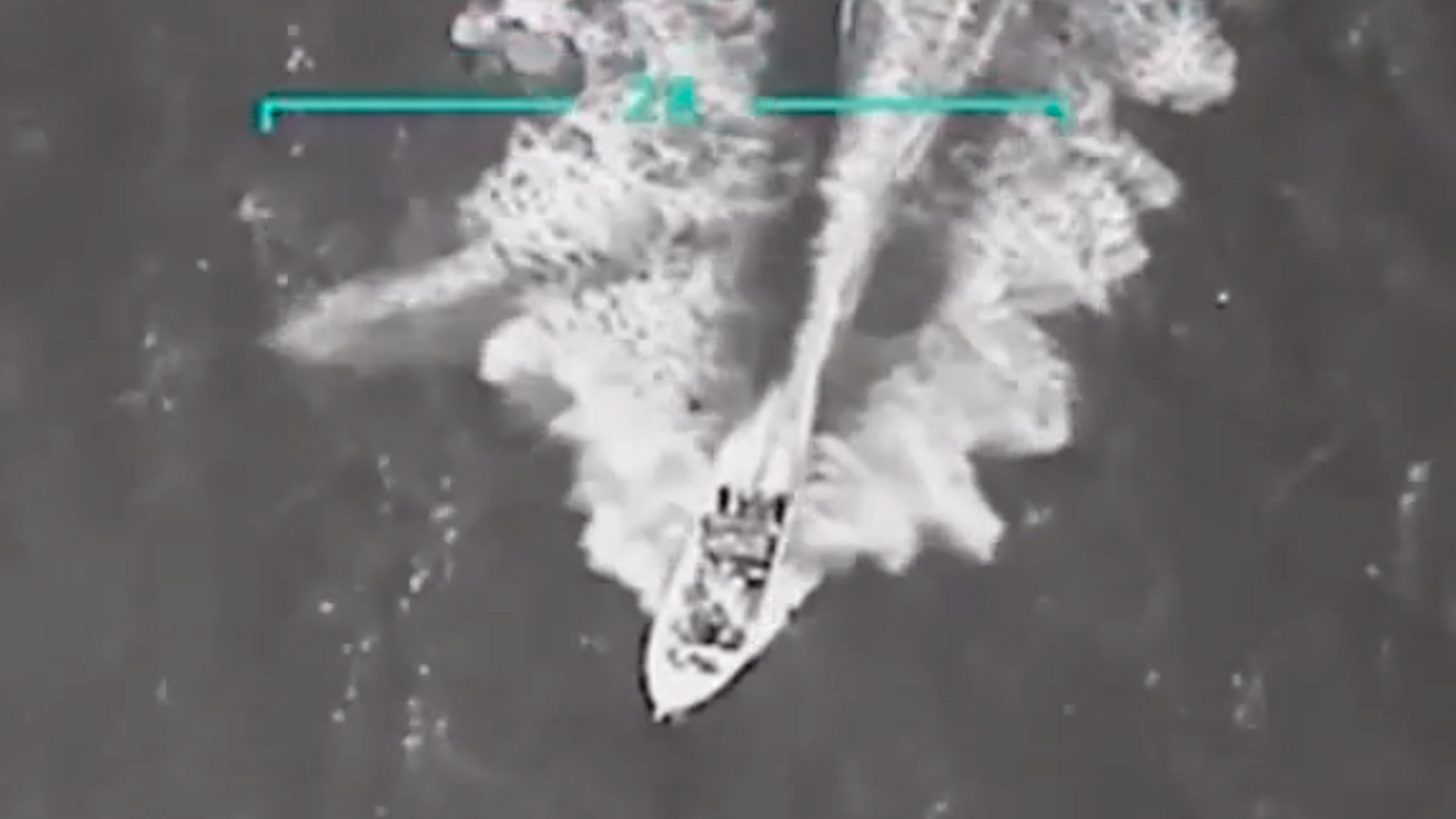Trump, Maduro, and drug trafficking as an excuse for military control


The United States Army destroyed a boat on Tuesday night The ship was carrying eleven people who, according to Donald Trump, were Venezuelan drug traffickers transporting drugs to his country. They were murdered "in international waters." Without trial. Without warning. At this point, it's not known who they were, exactly what they were carrying, or under what law the United States considers it legitimate to kill people on the high seas, whether they are drug traffickers or not. Well, it is known. In January, one of the first things the new president did was declare a series of drug trafficking cartels terrorist groups, including the Venezuelan Tren de Aragua (TdA), to which the crew of the destroyed vessel supposedly belonged. This means that drug traffickers are now equated with al-Qaeda terrorists, for example, and the US military believes it can pursue, arrest, and kill them anywhere in the world. Furthermore, that same July, in a secret order, Trump directly authorized the Pentagon to carry out this type of intervention.
This carte blanche against drug traffickers, which Secretary of Defense Pete Hegseth has assured will continue soon with more similar operations, could directly lead to US intervention in other Latin American countries. This, naturally, is of particular concern to Mexico. And it's no coincidence that yesterday the Secretary of State visited his neighboring country and met with President Claudia Sheinbaum, perhaps trying to reassure her. Or threaten her. It's not clear. But It is of particular concern to Venezuela and its president, Nicolás Maduro., who has been accused of being the direct leader of the TdA and for whom there is an arrest warrant with a reward of 50 million dollars issued this August by the United States.
Almost in parallel, since the end of August a flotilla with destroyers and a submarine with nearly 4,500 marinas at the edge of Venezuelan territorial waters. The motive, they say, is drug trafficking, but Maduro's circle sees it as a maneuver by Rubio, a friend of opposition leader María Corina Machado, to force the fall of the Chavista president, who, incidentally, has little or no international legitimacy following accusations of fraud in the last elections. Certainly, Venezuela is not a production site but a transit site for Colombian cocaine, which is mostly transported by other means, via the Pacific route or through Guatemala.
The attack coincides with another legal setback for Trump, as a court has declared illegal the use of the Foreign Enemies Act to endorse deportations. If, however, he is now considered "at war" with Venezuela, he could perhaps continue deportations based on this law. Maduro, moreover, is one of the few allies China, Russia, and Iran have in the Americas, and the attack occurred shortly before Xi Jinping presided over the grand military parade, boasting about his weapons and long-range missiles. In the midst of this cockfight, the United States has carried out an operation intended to demonstrate who is still the world's sheriff. We are entering a dangerous escalation, with an uncertain outcome.
